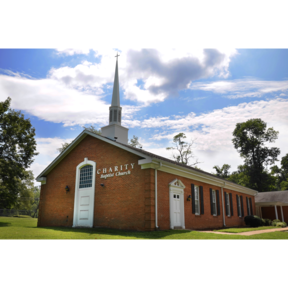09-29-2019 - Pentecost

Pentecost means “fiftieth” because this feast was held fifty days after the Feast of Firstfruits (Lev. 23:15–22). The calendar of Jewish feasts in Leviticus 23 is an outline of the work of Jesus Christ. Passover pictures His death as the Lamb of God (John 1:29; 1 Cor. 5:7), and the Feast of Firstfruits pictures His resurrection from the dead (1 Cor. 15:20–23). Fifty days after Firstfruits is the Feast of Pentecost, which pictures the formation of the church. At Pentecost, the Jews celebrated the giving of the Law, but Christians celebrate it because of the giving of the Holy Spirit to the church.
The Feast of Firstfruits took place on the day after the Sabbath following Passover, which means it was always on the first day of the week. (The Sabbath is the seventh day.) Jesus arose from the dead on the first day of the week and “became the firstfruits of them that slept” (1 Cor. 15:20). Now, if Pentecost was fifty days later—seven weeks plus one day—then Pentecost also took place on the first day of the week. Christians assemble and worship on Sunday, the first day of the week, because on that day our Lord arose from the dead, but it was also the day on which the Holy Spirit was given to the church.
On the Feast of Firstfruits, the priest waved a sheaf of grain before the Lord; but on Pentecost, he presented two loaves of bread. Why? Because at Pentecost, the Holy Spirit baptized the believers and united them into one body. The Jewish believers received this baptism at Pentecost, and the Gentile believers in the home of Cornelius (Acts 10). This explains the presence of two loaves of bread (see 1 Cor. 10:17). The fact that there was leaven (yeast) in the loaves indicates the presence of sin in the church on earth. The church will not be perfect until it gets to heaven.
We must not conclude that this ten-day prayer meeting brought about the miracles of Pentecost, or that we today may pray as they did and experience “another Pentecost.” Like our Lord’s death at Calvary, Pentecost was a once-for-all event that will not be repeated. The church may experience new fillings of the Spirit, and certainly patient prayer is an essential element to spiritual power, but we would not ask for another Pentecost any more than we would ask for another Calvary.
